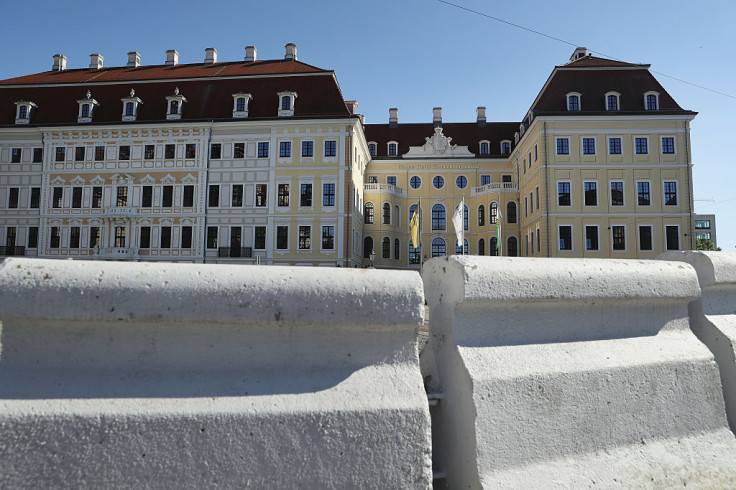Who is attending Bilderberg Group's 2016 summit and what will they discuss?

On Thursday 9 June, 126 of the world's most powerful personalities will gather in Dresden, Germany, for the annual meeting of the Bilderberg Group.
With no minutes published and attendees bound by confidentiality rules, the secrecy surrounding the gathering has made it the source of speculation for conspiracy theorists worldwide, who allege that the group constitutes a shadowy world government.
On the group's website the three-day meeting is described as "an annual forum for informal discussions, designed to foster dialogue between Europe and North America".
It continues: "Thanks to the private nature of the meeting, the participants are not bound by the conventions of their office or by pre-agreed positions. As such, they can take time to listen, reflect and gather insights."
Attendees from the worlds of politics, finance, business and academia claim the informality and privacy of the meetings engender highly productive discussions and a free exchange of ideas on the "megatrends and major issues facing the world".
Among those attending this year's meeting at the five-star Hotel Taschenbergpalais will be the leaders of some of the world's most powerful companies, including Deutsche Bank, Airbus and Royal Dutch Shell, prime ministers and finance ministers from Belgium, the Netherlands and Germany, as well as IMF chief Christine Lagarde and Klaus Schwab of the World Economic Forum.
Some of those attending are retired, but remain key figures in US and European policy, including former US Secretary of State Henry Kissinger, former Nato Supreme Commander Phillip Breedlove, and former European Commission President Jose Barroso.
Technology firms are represented by figures including Google's Eric Schmidt and LinkedIn co-founder Reid Hoffman.
UK political figures are conspicuous by their absence, with Labour's Shadow Minister for Welfare Reform Helen Goodman the only senior UK politician attending.
The only monarch attending is Willem Alexander, the King of the Netherlands, whose father Prince Bernhard co-founded the meetings, which were first held at the Hotel de Bilderberg in Oosterbeek in the Netherlands in 1954.
Topics on the agenda include; the 'Middle East', 'cybersecurity', and the 'precariat and middle class', alongside an item simply described as 'current events.' There is no detailed agenda, resolutions or votes.
Given the group's original aim to foster closer European and North American cooperation, it is likely that the prospect of Brexit will figure largely in discussions. In fact the group's Chairman, HSBC and AXA boss Henri de Castries has come out as staunchly opposed to Brexit, describing it as "a disaster for everyone".
The attendance of figures including Ahmed Aboutaleb, who became the first Muslim mayor of a European city when elected in Rotterdam, Amsterdam deputy mayor Kajsa Ollongren who has launched an entrepreneurship scheme for refugees, and Stanislav Tilich, premier of eastern German host state of Saxony where there has been rising anti-immigrant violence, indicate that the integration of refugees in Europe will be a key topic.
Among the more colourful characters attending will be Ryanair chairman Michael O'Leary, an outspoken opponent of Brexit who will be bound by the meeting's confidentiality rules, and Canadian astronaut Chris Hadfield.
Late Labour Chancellor Lord Healy told the Telegraph in 2013 that the meeting was "the most useful of all the meetings I attended regularly".
"Experience has taught me that lack of understanding is the main cause of all evil in public affairs. Nothing is more likely to produce understanding than the sort of personal contact which involves people not just officials or representatives, but human beings," he wrote in his memoirs.
For critics though, the organisation is anti-democratic, and its secrecy helps foster the suspicion of political elites that has seen figures like Donald Trump in the US and Marine le Pen in France surge to prominence.
© Copyright IBTimes 2025. All rights reserved.






















